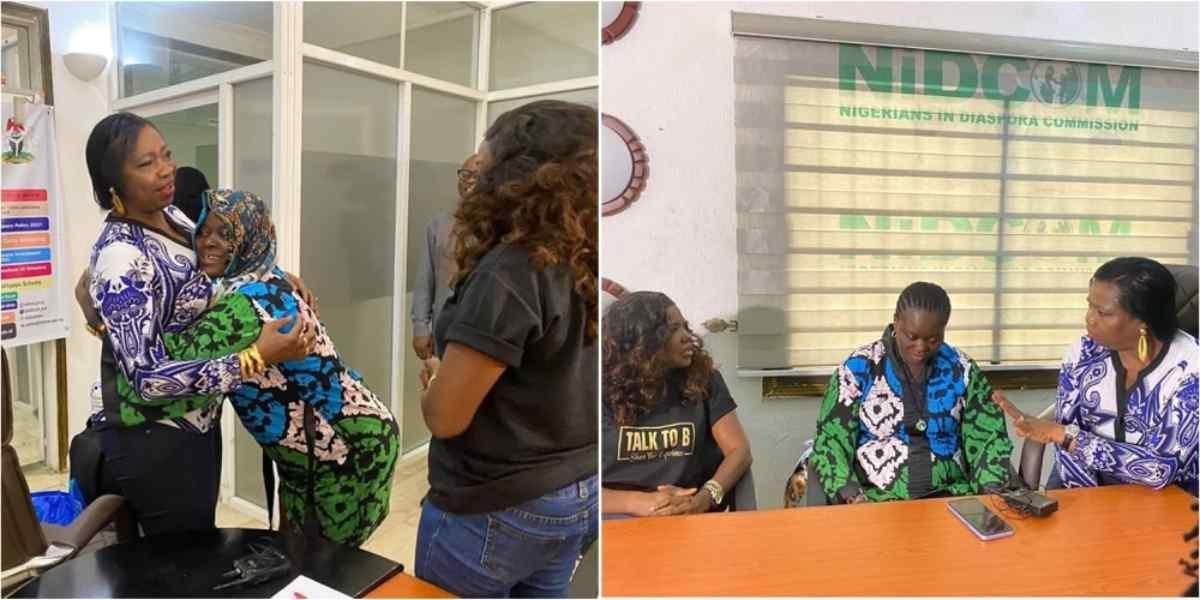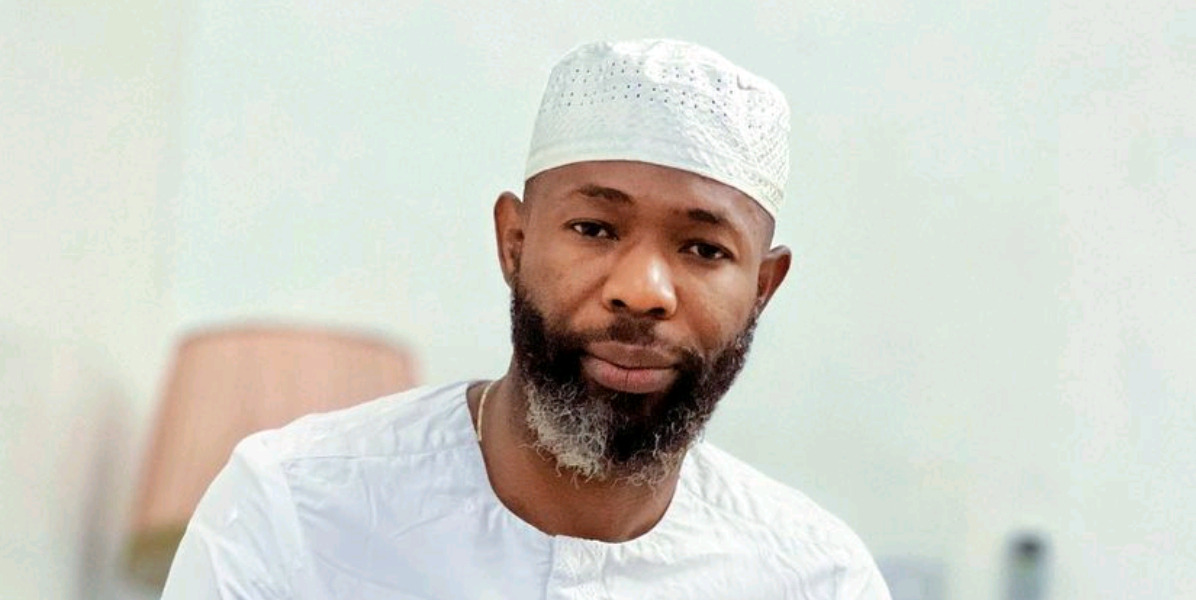- Khalid Ayanshina, also known as Beriola, delivered an unforgettable cultural experience at his concert, Becalisation.
- The event, held at the Alliance Française Mike Adenuga Centre in Ikoyi, Lagos, featured industry leaders such as Odunlade Adekola, Muyiwa Ademola, Aishat Lawal, Bimbo Thomas, Yomi Fash-Lanso, Ronke Oshodi-Oke, Kemity, Seyi Edun, and Afeez Abiodun.
Singer Khalid Ayanshina, known as Beriola, enthralled audiences with a remarkable cultural experience during his concert titled “Becalisation.”
The event, held at the Alliance Française Mike Adenuga Centre in Ikoyi, Lagos, attracted notable figures from the industry, including Odunlade Adekola, Muyiwa Ademola, Aishat Lawal, Bimbo Thomas, Yomi Fash-Lanso, Ronke Oshodi-Oke, Kemity, Seyi Edun, and Afeez Abiodun.
In a conversation with Saturday Beats, Ayanshina expressed that his music embodies African artistry while incorporating global influences. “Becalisation is my heart and soul poured into one event. It’s not just a concert; it’s a cultural statement. The name reflects my vision of creating a space where people experience Beca music in its purest form. It’s about showcasing African artistry while embracing global influences,” he remarked.
Beriola’s sound, characterized as a fusion of traditional and innovative elements, has earned him international recognition, with significant performances in cities such as London and beyond.
Alongside his skilled ensemble, Beriola and the Becas delivered a vibrant range of performances that showcased the depth and diversity of Beca Music. This genre, rooted in traditional African rhythms and seamlessly blended with contemporary styles like jazz, soul, and afrobeat, reflects Beriola’s commitment to expanding creative horizons.
Despite encountering obstacles such as limited financial resources and the expectation for African music to adhere to conventional stereotypes, Beriola remains steadfast in his artistic vision. “People often expect African music to fit into a particular box. But I want to show that it can be experimental, layered, and boundary-pushing,” he asserted.




